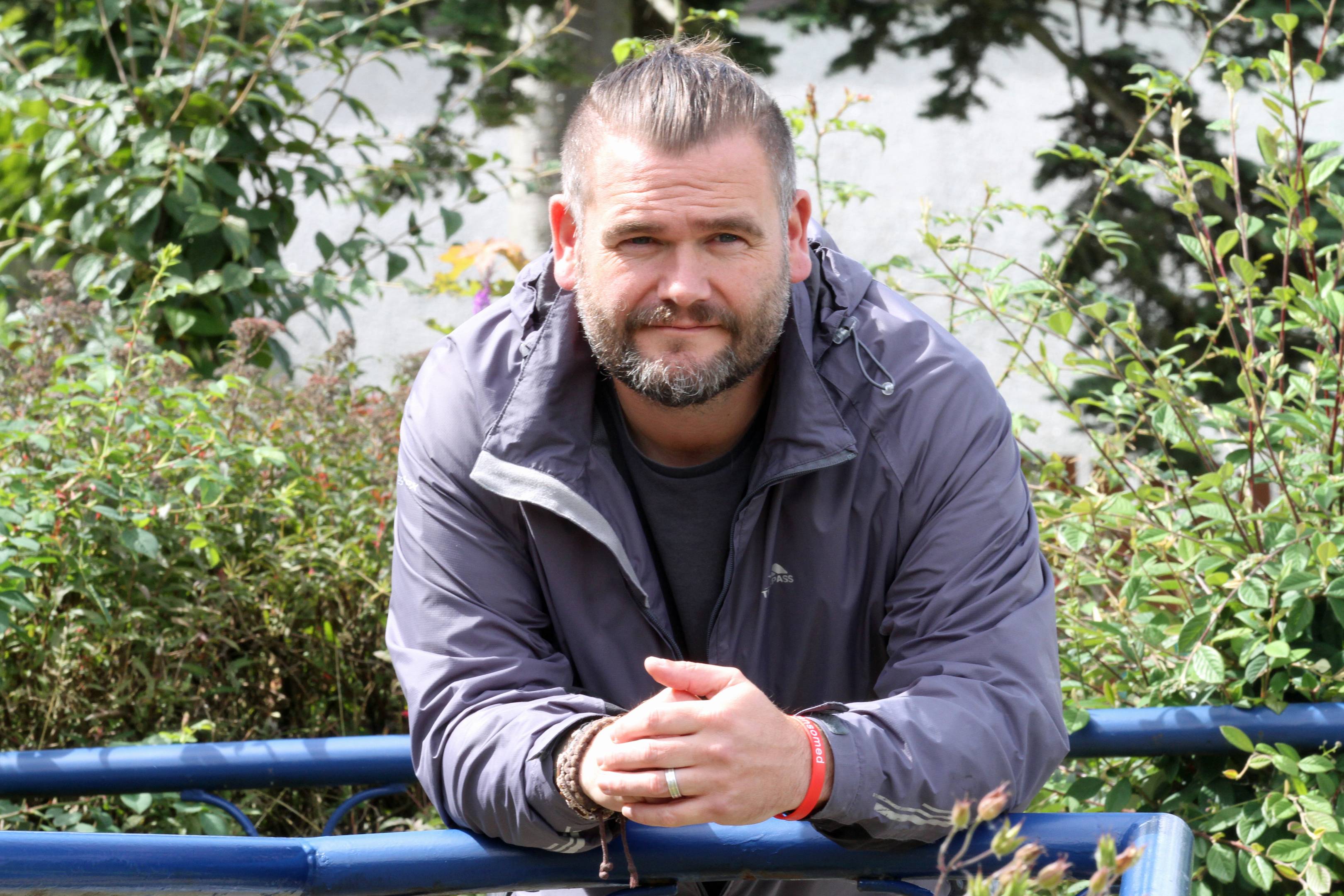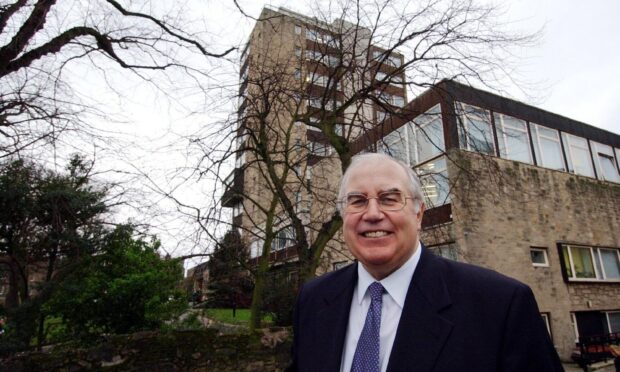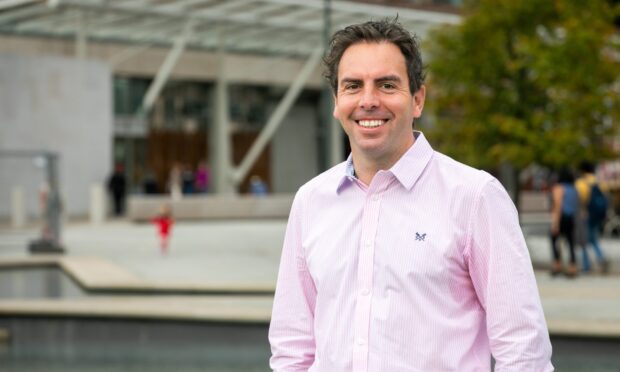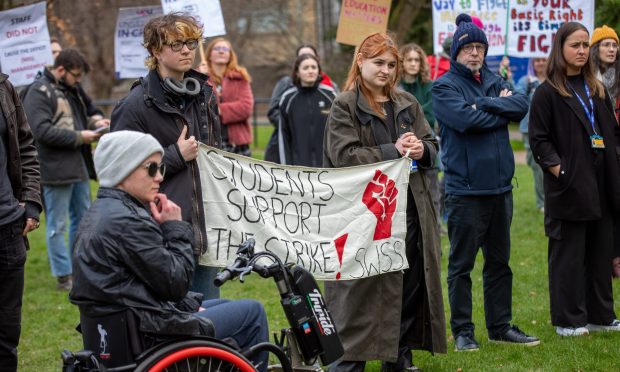“Shooting galleries” give addicts official approval to continue destroying their lives, warns a Dundee clergyman.
Reverend Bob Mallinson, who battled addiction before joining the church, said opening up facilities where people can take hard drugs perpetuates the miserable cycle of drug-taking and sends the message that the state has given up on addicts.
Dundee is weighing up whether to provide fix rooms for addicts, where they can inject safely and while supervised.
City officials are looking at following the lead taken up by Glasgow, which is set to host the first shooting gallery in the UK after the move was backed in principle by the city’s health board, council and police.
Rev Mallinson, of Menzieshill Parish Church, who overcame problems with alcohol, cocaine and ecstasy, said opening up fix rooms is “short-sighted”.
“I think what it is saying to people is ‘just go ahead and keep doing what you’re doing because we don’t really care about you’,” the vicar said.
“It’s almost like we are telling them ‘get in this room and just carry on destroying your lives if that’s what you want’.
“It is so short-sighted. What the government should be doing is delivering major investment to educate and rehabilitate.”
Rev Mallinson said public money should be ploughed into programmes that help users get off drugs and then offer full rehabilitation.
Cllr Ken Lynn, who is chairman of the Dundee Health and Social Care Partnership, said he is “keeping a very close eye” on the roll-out of the drug consumption rooms in Glasgow.
Responding to the vicar’s intervention, he added: “I refute the argument that such facilities send out the message that ‘we don’t really care about you’.
“They exist because there is a section of the drug-using population for whom recovery is so far off that traditional rehabilitation methods do not work.
“They are operated by medically trained staff who are there to ensure that if overdose occurs prompt medical treatment can be administered.”
He added there are “substantial sums” already being invested in drug prevention, rehabilitation and policing.
But he said fix rooms are there for those at the “very margins” who cannot stop using and must be kept safe alive so they will be able to accept help when they are ready.










